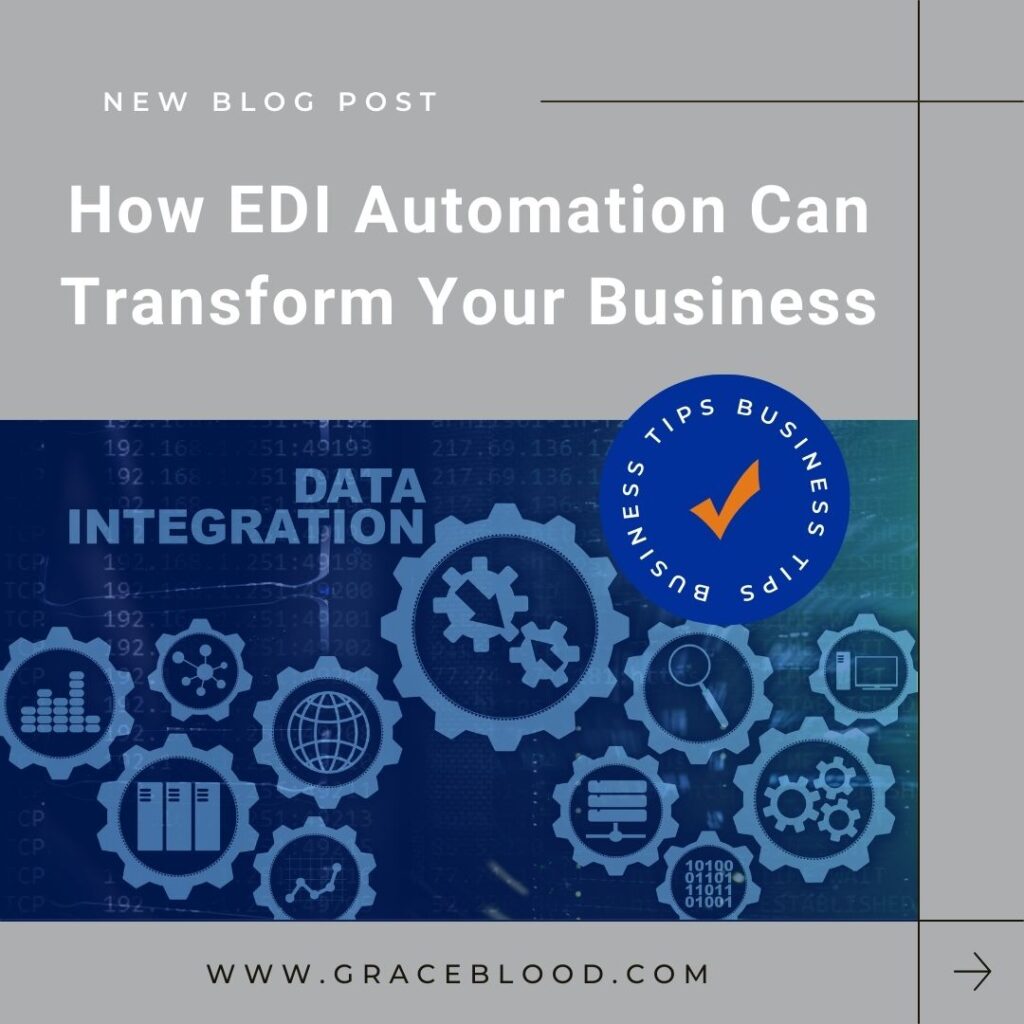
EDI continues to be an in-demand technology, and the food and beverage vertical is not showing any signs of slowing down. The restaurant industry in particular has experienced a dramatic shift, with fast casual dining emerging as a dominant force. Four years ago, the pandemic forced many “mom and pop” restaurants to close. Furthermore, the younger generations (Millennials/Gen Z) who make up the bulk of restaurant patrons, tend to gravitate toward the fast casual concept. This segment, characterized by its combination of quick service and higher-quality food, has rapidly grown and evolved. But beyond the changing culinary landscape, this surge in fast casual establishments has had significant ripple effects across various industries, particularly food and beverage B2B technology. Here’s a look at how the growth of fast casual dining has impacted EDI adoption. Additionally, what does it mean for the future of the restaurant industry?
Table of Contents
- Understanding the Rise of Fast Casual Dining
- The Role of EDI in the Restaurant Industry
- How Fast Casual Growth has Shaped Food and Beverage B2B Technology
- Future Outlook on Food and Beverage B2B Technology
Understanding the Rise of Fast Casual Dining
Fast casual restaurants, such as Chipotle and Panera Bread, have redefined dining with their emphasis on higher-quality ingredients and customizable options, compared to traditional fast food. This model has resonated with consumers looking for convenience without compromising on quality. This has led to rapid expansion and a significant increase in market share. One recent article reported, ”But while the cities and suburbs are saturated with restaurants, Covid dealt a blow to independent restaurants and small chains that were already struggling, leaving a void for better-capitalized (think Chipotle) chains to move in, while ones that haven’t moved in are viewing small markets favorably.”
The Role of EDI in the Restaurant Industry
EDI is a B2B technology that allows businesses to exchange documents electronically, replacing traditional paper-based methods. In the restaurant industry, EDI adoption is used for a variety of purposes, including:
Supply Chain Management: Streamlining orders and inventory management.
Vendor Communication: Simplifying transactions between restaurants and suppliers.
Financial Transactions: Managing invoicing and payment processes.
For fast casual restaurants, efficient supply chain management and accurate data exchange are critical. With their rapid growth and need to maintain consistent quality, these chains have increasingly relied on EDI adoption to support their operations. By contrast, independent restaurants typically do not have the bandwidth or resources to fully embrace food and beverage B2B technology. They must rely on outdated methods of executing the procure-to-pay lifecycle.
How Fast Casual Growth Has Shaped Food and Beverage B2B Technology
Increased Demand for Integration: As fast casual chains expand, they require more sophisticated EDI and B2B technology to manage their complex supply chains. This has led to increased demand for EDI integration with other systems such as Enterprise Resource Planning (ERP) like Canopy and third party applications like Plate IQ. Integration ensures seamless data flow, reduces errors, and enhances operational efficiency.
Real-Time Data Exchange: Fast casual restaurants often operate with just-in-time inventory models to minimize waste and maintain freshness. This requires real-time data exchange, now possible with the increased use of APIs, between suppliers and restaurants. EDI solutions have evolved to support real-time or near-real-time communication AND analytics. These changes are facilitating quicker response times and more agile supply chain management.
Enhanced Vendor Relationships: With the growth of fast casual chains, there’s a greater emphasis on building strong relationships with suppliers. EDI adoption enables more effective communication, streamlined ordering processes, and improved accuracy in transactions. Because of these improvements, vendor partnerships are strengthened and consistent quality and supply is achieved.
Scalability and Standardization: Fast casual chains often expand rapidly and across diverse regions. EDI adoption provides a standardized approach to managing transactions and data across various locations and systems. This scalability is crucial for maintaining consistency and efficiency as chains grow.
Data-Driven Decision Making: The large volume of transactions and data generated by fast casual restaurants provides valuable insights into operations, customer preferences, and supply chain performance. Advanced EDI solutions offer analytics and reporting capabilities, allowing restaurant chains to make informed decisions and optimize their operations.
Future Outlook on Food and Beverage B2B Technology
The continued growth of fast casual restaurants is likely to further influence EDI solutions AND food and beverage B2B technology. As these chains expand globally and incorporate more technology into their operations, the demand for advanced EDI adoption and solutions will grow. Future trends may include:
Increased Use of AI and Machine Learning: To enhance predictive analytics, optimize supply chain management, and improve decision-making processes.
Greater Focus on Cybersecurity: With the rise in digital transactions, securing data will become increasingly important.
Enhanced Integration with Other Technologies: Such as blockchain for improved transparency and traceability in the supply chain, especially critical when it comes to perishable food.
Thriving in a Competitive Marketplace
The rise of fast casual dining has had a profound impact on the restaurant industry, driving advancements in food and beverage B2B technology and changing the way data is exchanged and managed. Furthermore, as this dining segment continues to grow, EDI solutions and B2B technology will need to adapt and innovate to meet the evolving needs of these dynamic and rapidly expanding businesses. For both sectors, the focus will remain on efficiency, accuracy, and agility, ensuring that fast casual restaurants can thrive in a competitive and ever-changing marketplace.
For more information on what we’re doing with food and beverage distributors, check out our case study on our Aspen Systems, Inc. partnership.








